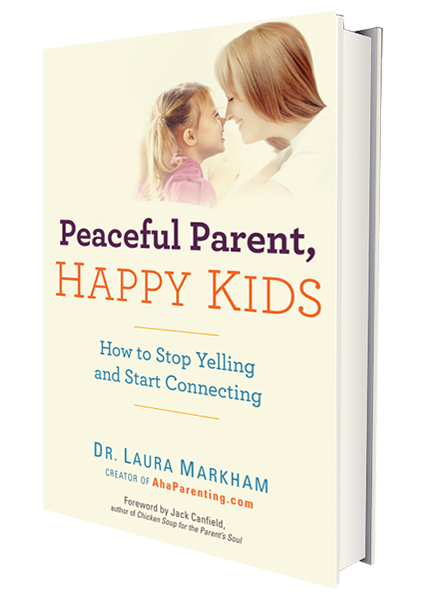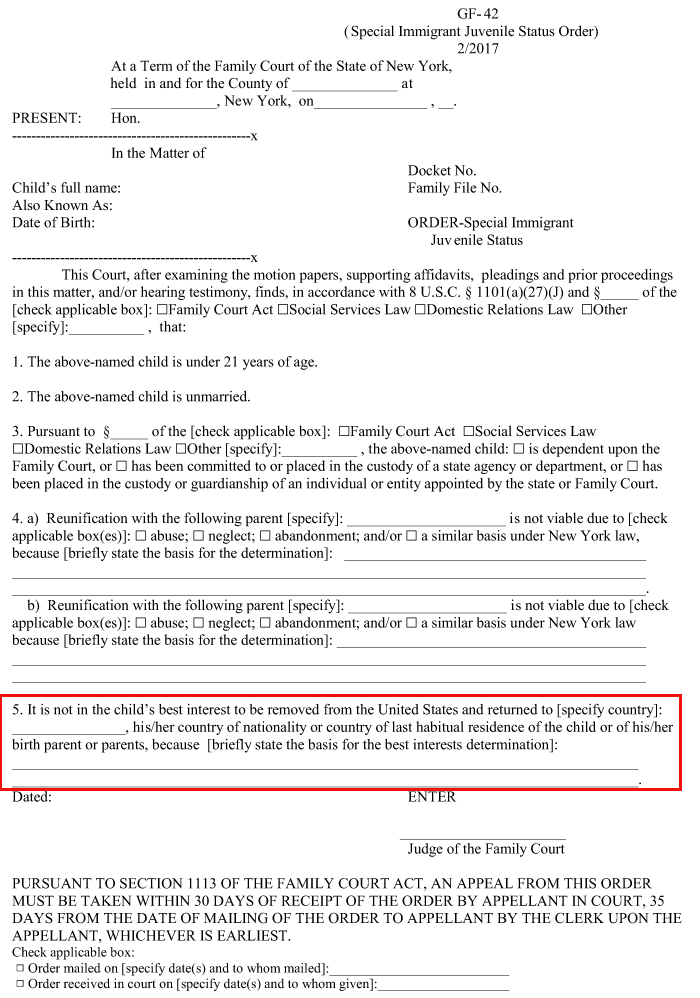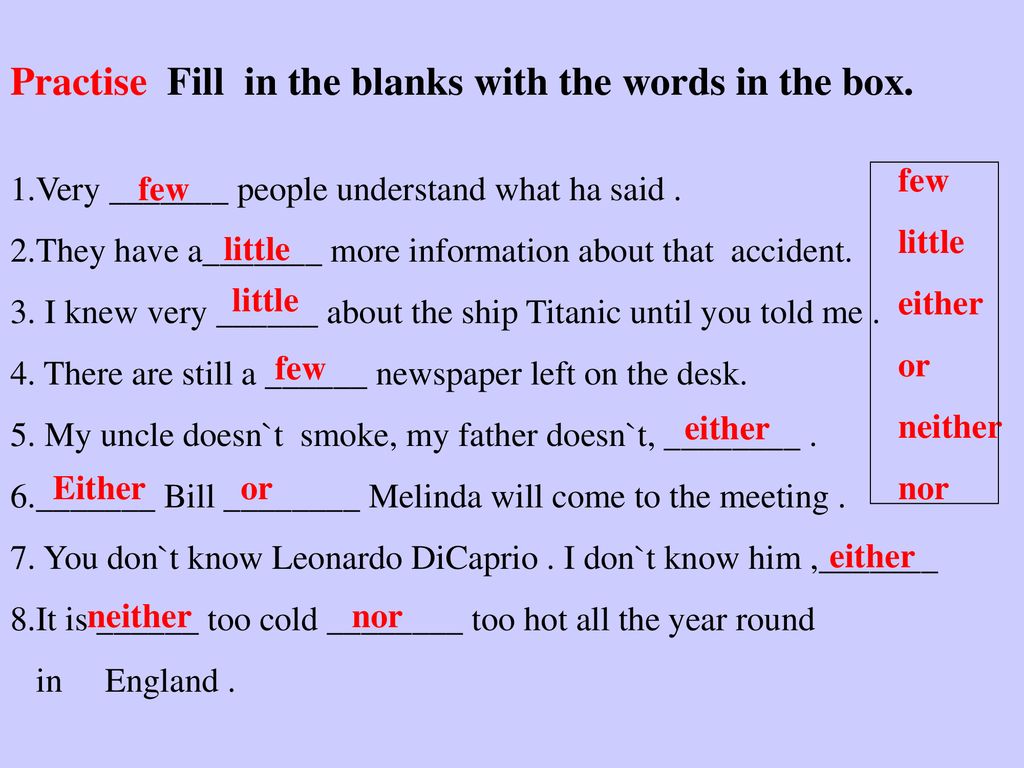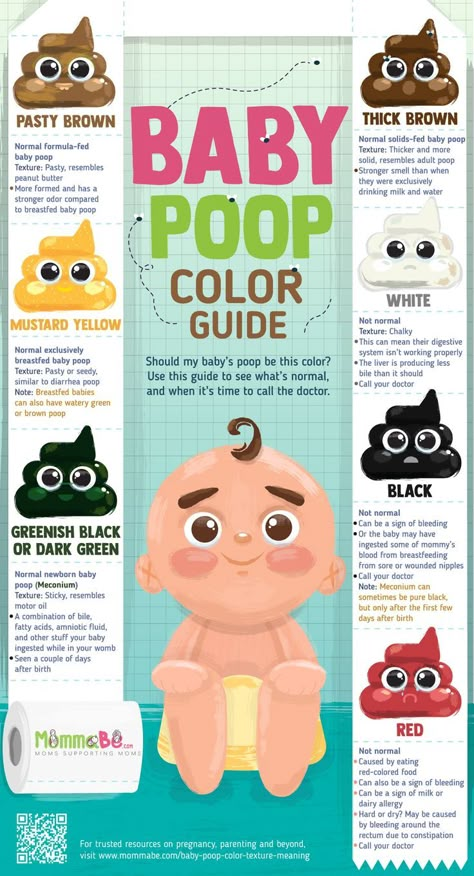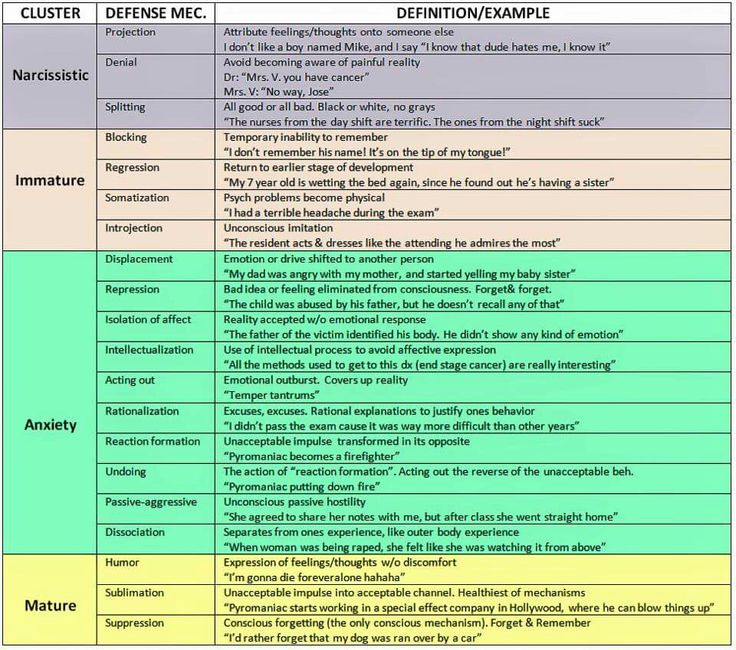How to stop yelling at my child
10 proven ways to finally stop yelling at your kids
It scares your kids and makes you feel terrible—and experts say it doesn’t even work. Finally conquer your yelling habit with this 10-step program. You’ve got this.
“Bennett! We don’t flush our underpants down the toilet! Do you understand?! No underpants! Only pee and poop and toilet paper!” I bellowed.
My then four-year-old son, caught red-handed with his fingers on the flusher, looked at me with wide-eyed shock and then covered his ears with his hands, while his Nemo briefs swirled down into the sewage system. I’d been telling Bennett for weeks not to flush toothpaste, shoes and even a book down the commode. This underpants transgression was the last straw. I went berserk, morphing from rational parent to screaming psychopath in seconds. To make matters worse, the bathroom window was open, and the neighbours had been serenaded with my crazy-lady tirade.
I don’t yell often, but when I do raise my voice, it’s because something has pushed me over the edge. I am not alone in exercising my vocal cords with my kids. Whether parents yell because they believe in old-school discipline or just lose their cool sometimes, a 2003 study published in the Journal of Marriage and Family found that close to 90 percent of the nearly one thousand parents surveyed copped to getting shouty with their children in the previous year. What’s more, for families with kids older than seven, almost 100 percent of parents admitted to yelling.
“Parents yell because they’re getting pulled in a million different directions and something happens that makes them frustrated. They see their kids fighting or the child is doing something they don’t approve of, and so they just kind of let loose. It’s some kind of automatic response,” says Nina Howe, professor of early and elementary childhood education at Concordia University.
Clinical counsellor Elana Sures describes it as going from zero to 60. “The anger just sort of parachutes in,” she says. “It sneaks up from behind, and we know we have been triggered. Our hearts are pounding and our jaws are clenched—it’s clear something’s hijacked us.”
“It sneaks up from behind, and we know we have been triggered. Our hearts are pounding and our jaws are clenched—it’s clear something’s hijacked us.”
If one universal truth of yelling-as-discipline is that we all do it, another truth is this: It’s not very effective. Not only are you modelling screaming as a conflict-resolution strategy, but you also might be making things worse. A 2013 study found that harsh verbal discipline doesn’t curb problem behaviours for tweens and teens and could, in fact, make them more likely to continue doing whatever it is you are railing against. The research went so far as to compare aggressive and ongoing verbal reprimands with physical discipline, such as spanking.
Has yelling become the new spanking? It’s a more socially acceptable way to deliver a reprimand and get kids’ attention. Many in our generation grew up being yelled at and even spanked, so it’s what we know. But then the final truth about yelling reveals itself: We don’t feel very good about ourselves when we launch into a tirade on our progeny. And it often frightens them (like it frightened us as kids) to be on the receiving end of angry words, making them anxious and, logically, more prone to yelling themselves.
And it often frightens them (like it frightened us as kids) to be on the receiving end of angry words, making them anxious and, logically, more prone to yelling themselves.
“Yelling is something we can do to relay urgency to a kid,” says Sures. “What’s harmful about it, though, is that kids have sensitive nervous systems, and yelling is scary for them. It’s aggressive and intimidating. The facial expressions that accompany yelling are really angry and scary. So when we get the results we want from yelling, it’s because they’re scared and they just want us to stop yelling. It’s not because they actually made a decision to alter their behaviour.” Indeed, what makes yelling insidious is that it can seem to work in the short term, but over time, kids will either shut down or learn to tune it out, say experts.
Kelly Dueck, mom to two boys ages 10 and seven, wishes she yelled less at her sons. She rarely raised her voice when they were little, but now she has higher expectations when it comes to behaviour. When she says, “Get your pyjamas on,” she wants compliance. “I expect them to act more quickly than they would have when they were two,” says Dueck. “It’s the frustration that they’ve chosen not to listen. It’s those moments when I yell.”
When she says, “Get your pyjamas on,” she wants compliance. “I expect them to act more quickly than they would have when they were two,” says Dueck. “It’s the frustration that they’ve chosen not to listen. It’s those moments when I yell.”
Afterward, she feels badly. She knows there are other ways to get them to listen or respond, but in the moment, yelling is what comes out. “I sometimes try other approaches but then still resort to yelling,” she says. “You can read all the things that say, ‘Count to 10. Leave the room.’ But it’s hard to do them in the moment.”
So what can parents do instead? Lots. Think of this as your yelling rehab manual, a 10-step guide to gaining control over the outside voice.
1. Know your triggersYelling doesn’t happen out of the blue—it’s usually a response to a specific behaviour. In other words, something triggers it. If you can discover what causes you to blow a gasket, you will have a greater chance of avoiding it.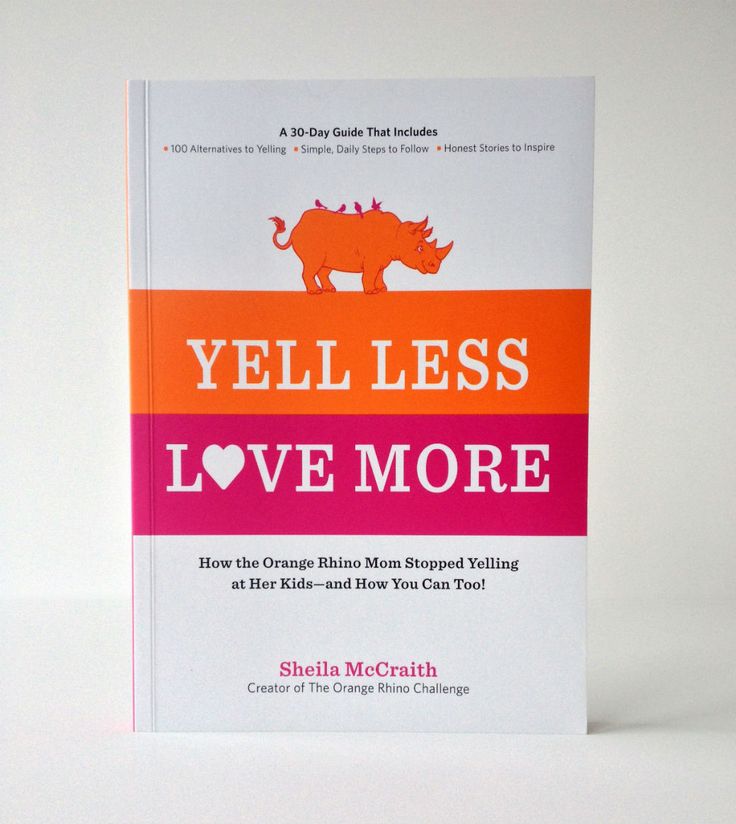 “Figure out what those triggers are, because they vary across parents,” says Howe. “I’m tired, it’s been a stressful day at work, I’m coming home, and I’m going to have to make dinner. All these things are adding up, and there may be the likelihood you are going to lose it.” That self-awareness will help you make better choices, like preparing simple sandwiches for dinner or putting on a show to distract the kids while you cook.
“Figure out what those triggers are, because they vary across parents,” says Howe. “I’m tired, it’s been a stressful day at work, I’m coming home, and I’m going to have to make dinner. All these things are adding up, and there may be the likelihood you are going to lose it.” That self-awareness will help you make better choices, like preparing simple sandwiches for dinner or putting on a show to distract the kids while you cook.
It’s fair to caution children, as they are stalling bedtime or fighting in the car, that you are about to get shouty. “Say, ‘You’re pushing me, and I don’t want to yell to get your attention. If you don’t listen now, I might lose it,’” says Howe. That sober warning can sometimes be enough to get kids to tone it down.
Warnings also let kids prepare mentally for a transition, says Howe. Perhaps they’re not responding to your repeated pyjamas directive because they’re engrossed in a Lego project or book. “It’s giving them the heads-up,” says Howe. “So it’s time to go to bed. Do you need five more minutes? OK, I can handle five more minutes, but then time’s up.” I use this strategy with my son, and it works like a charm.
“It’s giving them the heads-up,” says Howe. “So it’s time to go to bed. Do you need five more minutes? OK, I can handle five more minutes, but then time’s up.” I use this strategy with my son, and it works like a charm.
Child development specialist Judy Arnall’s favourite calm-down strategy is to go into the bathroom, yell into the toilet (instead of at her kids) and then flush it away. It’s the equivalent of taking a time out—physically leaving the room and then having a strategy to compose oneself, whether it involves squeezing a stress ball or sending in your spouse to deal. “If we’re committed to mindfully changing our behaviour and just taking a few minutes of time out before we do anything, it really helps us practise better self-control,” says the Calgary-based author of Parenting With Patience and Discipline Without Distress.
4. Make a Yes ListAs Dueck can attest, taking an adult time out is easier said than done.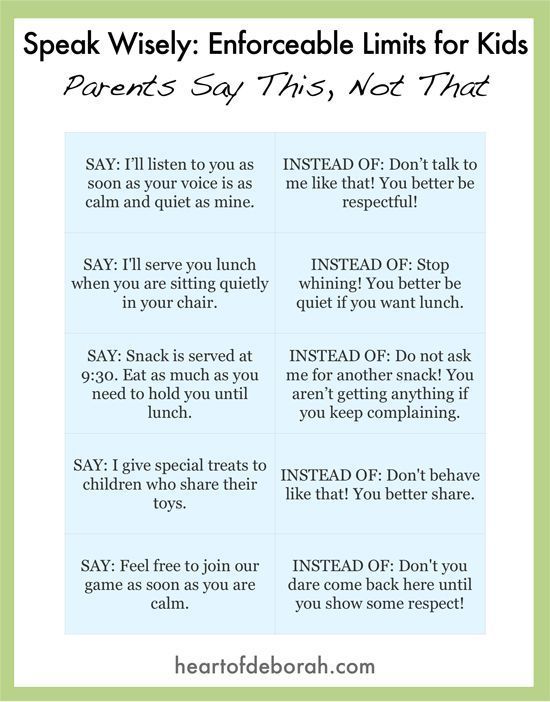 That’s why Arnall recommends families sit down together and create a Yes List. On this list, which can be taped to the fridge, are acceptable things to do before you scream or say something you’re going to regret. It will vary from family to family, but it could include actions such as jogging in place, winging the Chuckit! ball for the dog or typing a social media rant you’ll never post. “It’s good if parents have a plan in place,” says Arnall. “If you do things on your Yes List—go into the bathroom and deep-breathe—kids are watching that, and they’re going to pick up on those things and do them, too.”
That’s why Arnall recommends families sit down together and create a Yes List. On this list, which can be taped to the fridge, are acceptable things to do before you scream or say something you’re going to regret. It will vary from family to family, but it could include actions such as jogging in place, winging the Chuckit! ball for the dog or typing a social media rant you’ll never post. “It’s good if parents have a plan in place,” says Arnall. “If you do things on your Yes List—go into the bathroom and deep-breathe—kids are watching that, and they’re going to pick up on those things and do them, too.”
Shouting isn’t communicating—it actually undermines the legitimacy of parents’ concerns and encourages children to shut down instead of listen. So Arnall and other parenting experts want to dispel the myth that children need to be taught in the moment, as if they’re puppies who can’t remember what happened 10 minutes ago. It can be hard to wait (feel the anger parachuting in?), but exercising self-control in the moment will deliver a stronger message overall. “The teaching moment comes later, and it’s way more effective when you’re calmer. But as with oxygen masks on an airplane, you have to get yourself calm first,” says Arnall. Then you’ll be able to talk it out or, with younger children, explain your behaviour expectations and the consequences. Kids made a mess? Clean it up together. Your daughter was being sassy? Ask how her day was, and explain how her words made you feel.
“The teaching moment comes later, and it’s way more effective when you’re calmer. But as with oxygen masks on an airplane, you have to get yourself calm first,” says Arnall. Then you’ll be able to talk it out or, with younger children, explain your behaviour expectations and the consequences. Kids made a mess? Clean it up together. Your daughter was being sassy? Ask how her day was, and explain how her words made you feel.
Sometimes, just realizing your children’s sibling rivalry, whining, mouthiness and bedtime aversion are normal and age appropriate makes the action less personal. They become behaviours to cope with rather than tactics intended to drive you crazy, says Sures. “It was really helpful to me to learn from a fellow psychologist that eye rolling from my nine-year-old daughter is normal behaviour. The mocking and the sighing happen because they don’t feel like they have control in the situation,” she says. “Putting it into perspective helps take the edge off. It’s normal for kids to be kind of sassy to their parents. What makes us yell is the idea that they shouldn’t be that way, that there’s something wrong with my kids and there’s something wrong with me. If you remove that, then it just becomes something to deal with.”
“Putting it into perspective helps take the edge off. It’s normal for kids to be kind of sassy to their parents. What makes us yell is the idea that they shouldn’t be that way, that there’s something wrong with my kids and there’s something wrong with me. If you remove that, then it just becomes something to deal with.”
If getting out of the house in the morning always escalates into a shouting match, for example, prep the night before. Sures calls this a “strike while the iron’s cold” approach to parenting. She actually sends her two daughters to bed wearing socks so she won’t have to nag, nag, nag and then yell about socks in the morning. This simple shift has made a huge difference.
For others, being proactive might take the form of always bringing snacks to head off mid-hike whining or packing activities to keep kids busy (and less likely to fight with one another) while you’re running errands.
8. Adjust your expectations
Adjust your expectationsWith kids, keeping expectations realistic is key. Part of the reason we yell, says Sures, is because our high hopes for an outing or event don’t meet the reality. This happened to her on a summer holiday, when her youngest daughter became defiant, sat down and refused to budge in the middle of a temple complex in Asia. Sures says it felt like a parenting failure—that she hadn’t raised a six-year-old world traveller—when heat and jet lag would have made any child resistant to a drawn-out cultural tour. This advice applies to simpler scenarios, too. Plan a shorter hike. Run fewer errands. Issue one directive at a time. Or abandon your expectations altogether (for example, there’s no shame in ditching a full grocery cart in an aisle).
9. Recognize when it’s about you, not your child’s misbehaviourOne summer day in 2015, Mila Fischer* was stirring tomato sauce when she lost it on her kids for no good reason. Looking back, she realizes there was just no mental space for whatever the request had been that caused her eruption. “It’s like taking it out on them because there’s something wrong with you,” says the Calgary mom. “I certainly felt guilty and truly sorry. I wished I was doing better by my children.” Around the same time, Fischer started seeing a doctor about issues related to stress. The doctor recommended meditation, so Fischer tried an app called Calm that guided her through seven days of reflection. She started sleeping better, feeling more present at work and at home, and realized it had changed her interactions with her children. “It almost completely erased the yelling,” she says.
“It’s like taking it out on them because there’s something wrong with you,” says the Calgary mom. “I certainly felt guilty and truly sorry. I wished I was doing better by my children.” Around the same time, Fischer started seeing a doctor about issues related to stress. The doctor recommended meditation, so Fischer tried an app called Calm that guided her through seven days of reflection. She started sleeping better, feeling more present at work and at home, and realized it had changed her interactions with her children. “It almost completely erased the yelling,” she says.
Sures believes yelling is often about more than a misbehaving child—it can be an outward manifestation of our own unmet needs. “Ask yourself, ‘What’s going on for me that I yelled at my kids for the past three days in a row? Did I not get enough sleep? Do I feel unappreciated? Apart from my kids’ behaviour, what else is going on for me?’”
10. Have a yelling debriefSo you lose it. You weren’t prepared, and your chill went down the drain with the underpants. What now? Apologize, say experts. “It takes the sting out of an ugly situation, and it reminds our kids that we’re human and sometimes emotions lead us to speak in ways we’re not proud of,” says Sures. She adds that saying sorry models appropriate behaviour for children to follow when they lose their temper. “It helps them cement the link between the big feeling and the resulting yelling.” Then, talk about what prompted the yelling, because it’s not always just about the parent losing control, but it’s also about the child needing to modify his or her behaviour. “It has to be a team approach here,” says Howe. “Something has set you off—some behaviour in your child is irritating you. Talk about it and find a way to solve it so it doesn’t happen so often.” It’s a win-win: Yell less, and you may soon find you have fewer reasons to get shouty.
You weren’t prepared, and your chill went down the drain with the underpants. What now? Apologize, say experts. “It takes the sting out of an ugly situation, and it reminds our kids that we’re human and sometimes emotions lead us to speak in ways we’re not proud of,” says Sures. She adds that saying sorry models appropriate behaviour for children to follow when they lose their temper. “It helps them cement the link between the big feeling and the resulting yelling.” Then, talk about what prompted the yelling, because it’s not always just about the parent losing control, but it’s also about the child needing to modify his or her behaviour. “It has to be a team approach here,” says Howe. “Something has set you off—some behaviour in your child is irritating you. Talk about it and find a way to solve it so it doesn’t happen so often.” It’s a win-win: Yell less, and you may soon find you have fewer reasons to get shouty.
Besides the obvious situations when we yell out of happiness or excitement (“Happy New Year!”), or to cheer kids on at a soccer game, experts agree that it’s OK to yell to get a child’s attention when he or she might be in danger. “You want to save it for those times when you really need them to listen, such as when they’re not stopping at the end of the sidewalk,” says Judy Arnall, a child development specialist and parenting author. “That’s why you don’t want to rely on yelling continuously, because yelling does sometimes work, but it doesn’t work if you use it all the time.”
“You want to save it for those times when you really need them to listen, such as when they’re not stopping at the end of the sidewalk,” says Judy Arnall, a child development specialist and parenting author. “That’s why you don’t want to rely on yelling continuously, because yelling does sometimes work, but it doesn’t work if you use it all the time.”
There are three types of yelling parents generally use. There’s yelling that is more like stern, loud talking—you may consider it “raising your voice.” This kind can often be tuned out by kids, as it doesn’t tend to generate fear. Then there’s the yelling that’s caused by anger and rage—this type can scare kids and emotionally damage them when it’s chronic. Finally, there’s the good type of yelling, which parents use when their child is about to touch a hot stove or walk into the road.
Are some cultures just shoutier than others?Some cultures are certainly more emotionally expressive, and yelling may be more culturally normative, but that doesn’t make it OK to scream at your kids. Angry outbursts directed at children frighten them, but sometimes—no matter where we come from—we lose it on our loved ones. Therefore, regardless of which culture we belong to, it’s really the aftermath that counts. “Most children can handle seeing their parents ramp up, as long as it is followed up with a cool-down and resolution in the form of debriefing, hugging and working it out,” says Elana Sures, a Vancouver-based clinical counsellor.
Angry outbursts directed at children frighten them, but sometimes—no matter where we come from—we lose it on our loved ones. Therefore, regardless of which culture we belong to, it’s really the aftermath that counts. “Most children can handle seeing their parents ramp up, as long as it is followed up with a cool-down and resolution in the form of debriefing, hugging and working it out,” says Elana Sures, a Vancouver-based clinical counsellor.
*Name has been changed
This article was originally published online in December 2017.
Stay in touch
Subscribe to Today's Parent's daily newsletter for our best parenting news, tips, essays and recipes.- Email*
- CAPTCHA
- Consent*
Yes, I would like to receive Today's Parent's newsletter.
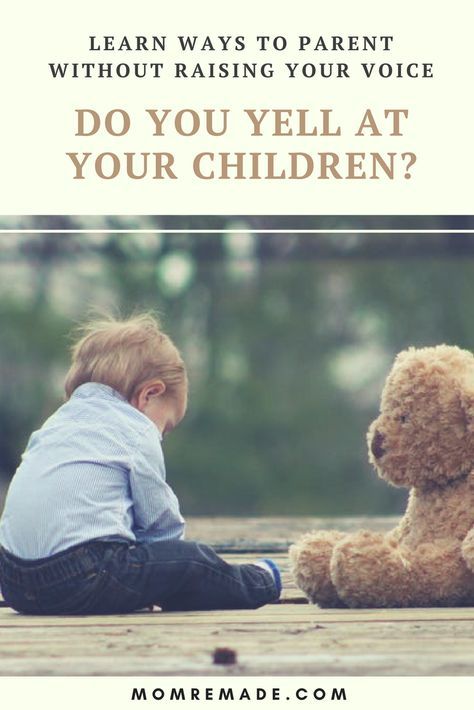 I understand I can unsubscribe at any time.**
I understand I can unsubscribe at any time.**
FILED UNDER: Bad behaviour Behaviour child behavior Discipline Parenting styles Preschool behaviour service viral Toddler behaviour
How to stop yelling at your children
Child Development
How to not yell at your children - Dr Justin Coulson
Dr Justin Coulson is a three-time bestselling author, a TEDx speaker, and one of Australia's most popular relationships and parenting experts. In this video he looks at five reasons why we yell and five ways to stop yelling at your children.
Watch video on YouTubeDr Justin Coulson is a three-time bestselling author, a TEDx speaker, and one of Australia's most popular relationships and parenting experts.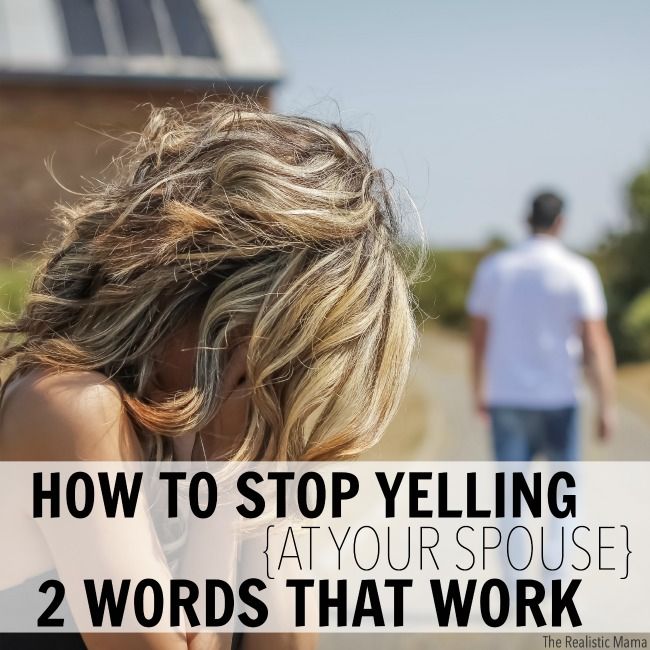 In this article he looks at five ways to stop yelling at your children.
In this article he looks at five ways to stop yelling at your children.
Nearly all parents yell. It’s a fact. And in most homes, yelling usually occurs at peak times.
Here’s an example: The morning rush? You need to get out the door fast. Your child is dawdling. Perhaps they’re still in their pyjamas and you have three minutes – THREE MINUTES!!! – to get out the door before you’re officially late. Again.
She hasn’t eaten breakfast. She can’t find her favourite toy – and nothing is going to happen until then.
The words escape your mouth, at max volume… “Stop being so ridiculous and EAT YOUR BREAKFAST NOW!”
Here’s another example: The evening sleep routine? You have tried to put your little guy to bed for 45 minutes. You are exhausted. The house is still a mess. You have another child who also requires focus. You really, REALLY want to spend some quality time with your partner (or with your favourite TV show or novel). And he just won’t go to sleep.
The words again escape your mouth, at max volume… “JUST GO TO SLEEP!”
Before we talk about your child, let’s talk about you.
Five Reasons Why We Yell
Having a child will try us in ways we could never have imagined. It is just so hard. Exhausting. Emotionally depleting.
We seem to be most likely to yell at those times when we are most exhausted. I know that people say that they need to yell so their child won’t run on the road. Fair enough. But most yelling happens at other times – like when children don’t listen, don’t do as they’re asked, treat their sibling badly, won’t eat their food, won’t go to bed, wet the bed, and so forth.
Studies highlight that our willpower is lowest when we are tired, stressed, or mad. That means that at the very time we need to be at our best (when our child is challenging), we are most likely to be at our worst because of our fatigue. And that is when we are most likely to yell… and not when they are about to run onto the road or otherwise endanger themselves.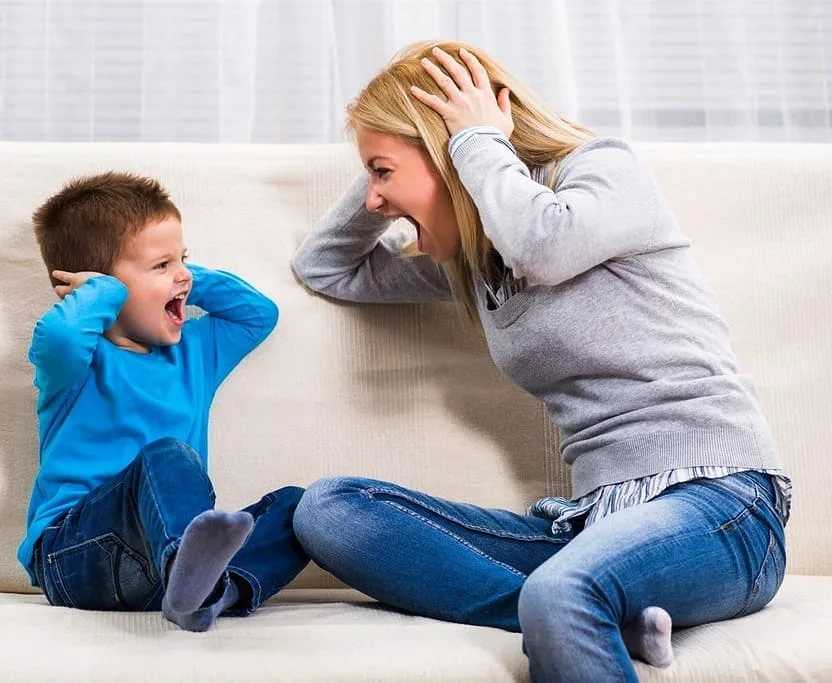
We also yell for some reasons that are generally unspoken, but are nevertheless true:
First, we yell because we can. The truth is we wouldn’t yell if someone was watching us. Or if it was another adult. We yell because they can’t yell back without getting in trouble. It’s a power thing.
Second, we yell because we think they’re ticking us off on purpose. It sometimes feels as though they woke up in the morning with a plan to destroy our lives. They didn’t though. They’re just kids. They’re figuring it out bit by bit and making inconvenient mistakes.
Third, we yell because it gets an instant result. It can be an ugly result. But it’s a quick result. The trouble is that sometimes it doesn’t get a result. And then where do we go?
Fourth, we yell because we don’t have a better solution. When you haven’t taken piano lessons, you play chopsticks on the piano. It’s all you know. It’s the same with yelling. Without considered practice at developing skills we cannot do better.
Finally, we yell because we were yelled at. Yelling is a learned behaviour. It’s a habit. And we can stop it. But we need to be intentional about it.
Studies have shown that when parents yell at their children as their go-to method of discipline, there is an increase in behavioural problems, an increase in stress, anxiety, and depression. Children who are yelled at also have a higher susceptibility to developing psychological problems and lower self-esteem for the child down the line. The fight-flight-freeze response to stress and trauma gets activated when we yell at our children.
So how do we respond to a challenging child in a constructive way when we are tired, stressed, mad, and completely spent? What do we do when yelling seems like the only viable alternative?
When we yell, we do it to get a fast result. But it often backfires spectacularly. Our children get scared. They make mistakes. They become emotionally flooded. They can’t think clearly.
Dr Justin Coulson
Stay up to date with the latest news and articles from First Five Years
Subscribe now
First name
Enter your first name
Enter your emailEnter a valid email
5 Ways to Stop Yelling
Here are 5 suggestions to stop yelling AND have your child listen to you when you speak:
1. Use a soft voice
Unless your child has a physiological hearing abnormality, your child is not deaf. To test this, stand at the door to their room and whisper, “Would you like ice-cream?” They’ll hear you.
Think back to that time you attempted to sneakily eat a chocolate bar while you were taxiing your child to and from school or an event. They heard the crinkle of the wrapper, didn’t they, even though you thought you were being quiet? When your child is not responding, lowering your voice and speaking softly actually makes children stop what they’re doing and listen closely. Yelling makes people turn away and tune out.
If your child still doesn’t respond, walk to her and crouch down. Look into her eyes. Hold her hands. Speak softly and say, “I just said something/asked you something. Did you want me to say it again or would you like more time to think about it?” Then wait.
2. Stay calm
I know. You’re running late. Your child is being unkind to his brother. It’s chaos. You’re not coping. They’re not listening. All you have left is to yell.
So, you yell… “CALM DOWN!!!”? Have you noticed that our “Calm Down” command is typically anything but calm?
This matters because our emotions are contagious. Your child will catch your crazy. They’ll catch your chaos. They’ll catch your cranky.
But they’ll also catch your calm.
How do you stay calm when you are screaming on the inside?
A few tips. First, remember that your child doesn’t understand time the way you do. He doesn’t realise that “hurry up” is for a reason. He wants to do what he wants to do. Second, your child may be struggling (with a chore, with a sibling, or with going to the toilet or getting moving). Yelling won’t help. It will only increase fear and anxiety. It will actually make things worse, not better. Remembering your child’s lack of verbal capacity, emotional regulation, and behavioural regulation can be helpful in staying calm and recognising they need help, not hurting.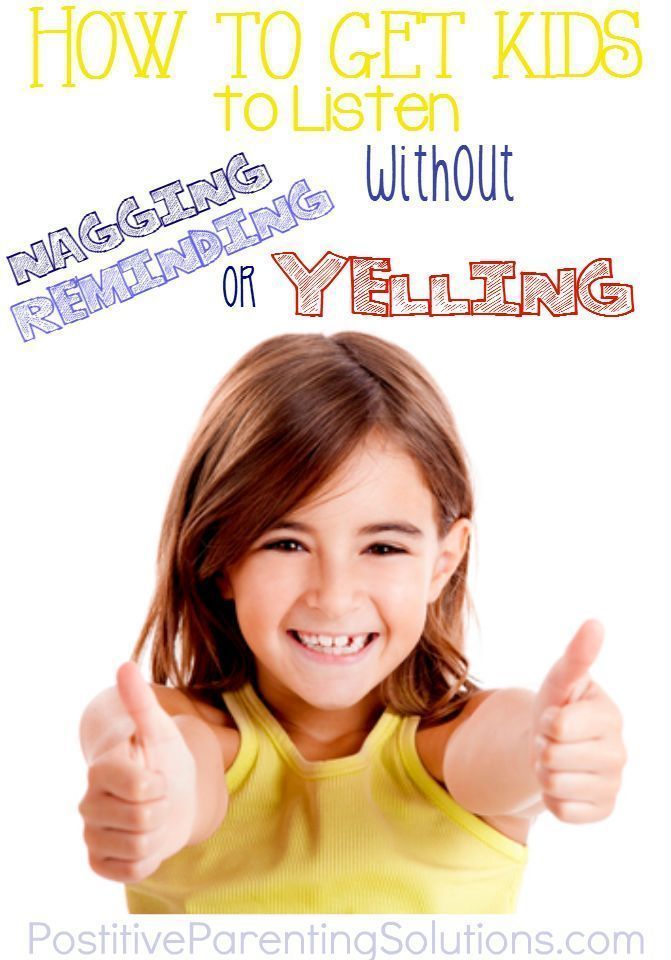 And third, remind yourself: “Calm and kind.” Say it again and again. Make it your mantra.
And third, remind yourself: “Calm and kind.” Say it again and again. Make it your mantra.
3. Remember, fast is slow and slow is fast
When we yell, we do it to get a fast result. But it often backfires spectacularly. Our children get scared. They make mistakes. They become emotionally flooded. They can’t think clearly.
Much better to stay calm, speak softly, be patient and kind, and watch how they respond when they feel our desire to work with them rather than do things to them. Ironically, trying to go slowly makes things go faster. It builds the relationship rather than rupturing it.
4. Focus on helping, not hurting
To extend the last idea, a soft, relationship-building approach usually makes it seem like we’re trying to help. A shouty, yelling approach makes it feel like we’re trying to hurt our child.
If we see a child struggling, it’s so much better to try to help them in their difficulty or challenge.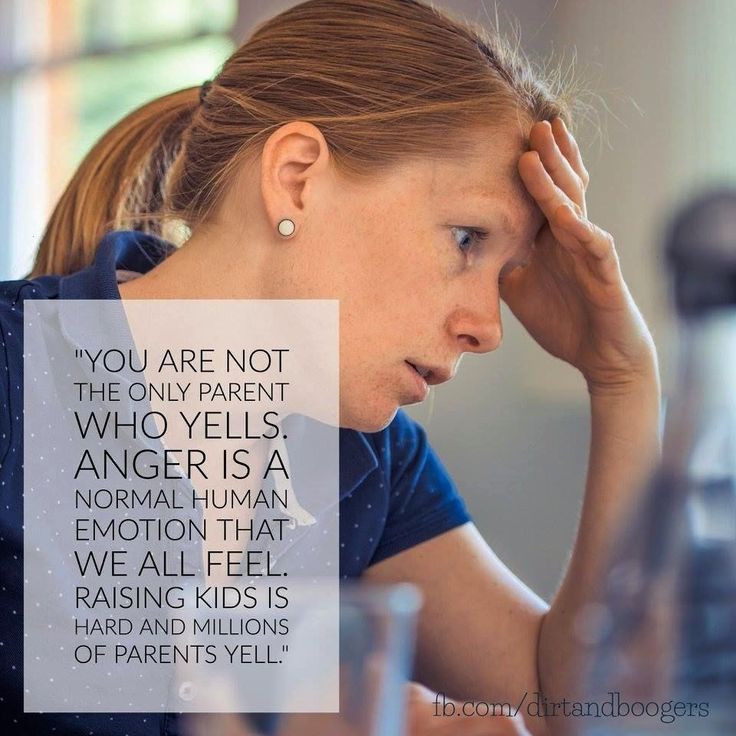 It might be something they’ve needed help with before. That’s ok. Sometimes it’s hard to learn all of these life lessons. Helping is a more useful approach.
It might be something they’ve needed help with before. That’s ok. Sometimes it’s hard to learn all of these life lessons. Helping is a more useful approach.
5. Don’t get furious, get curious.
It can take a whole lot of self-control to catch yourself from immediately yelling to actively choosing not to. But it’s really helpful to remember that the goal is to connect with our child, before we correct them. They aren’t going to be in any better position to hear what we are trying to tell them if we immediately jump to yelling to them. Think of yourself in a work or social situation; if your boss or friend went straight to yelling demands at you when you were having a bad day, rather than taking some time to find out how you were doing - how would you feel? Children are the same, they are people too and they deserve our patience and respect. Taking the time to connect with our children, to see where they are at and meet them there before we rush on at them with our own agendas and ideas, is going to be way more effective for understanding them.
6. Imagine I’m in the room.
The reality is that we don’t lose the plot when we have an audience. Imagine someone important is watching you. Do you yell? Or do you show gentleness and kindness.
Our relationship with our children should be built on connection rather than correction and direction. This means new habits, new approaches, and newfound levels of patience. But as we put the relationship first, speak softly, stay calm, go slow, focus on helping rather than hurting, and get curious about our children’s struggles, we will open up new ways to make our family happier – and quieter.
How to stop yelling at your children - Moscow 24, 03/28/2021
March 28, 2021, 00:01
Society
Screaming is no better than physical punishment: it does not help in raising children, but only contributes to the development of depression. Psychologists have come to this conclusion.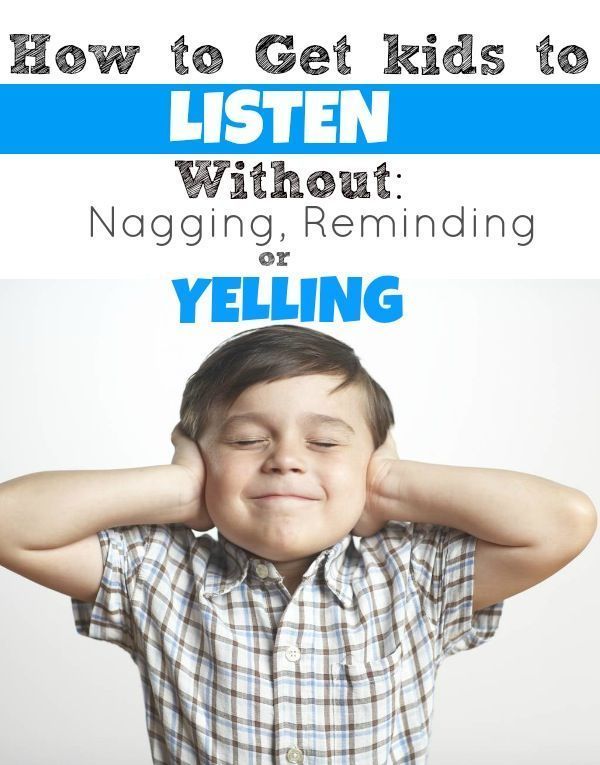 Parents demand good behavior from their children, but at the same time they themselves are far from ideal when they break into a squeal. There should be no screaming in communication with the child. But how to manage our emotions and why do we still not restrain ourselves? The journalist, blogger, mother of two children Yevgeny Borodina understood this.
Parents demand good behavior from their children, but at the same time they themselves are far from ideal when they break into a squeal. There should be no screaming in communication with the child. But how to manage our emotions and why do we still not restrain ourselves? The journalist, blogger, mother of two children Yevgeny Borodina understood this.
Photo: depositphotos/olly18
Not happy
Mothers who scream at their children are very unhappy. They know that screaming is not a parenting method. They perfectly represent that from the outside they look ugly. They understand that gradually children get used to screams and stop responding to them. They realize that their main method will depreciate sooner or later, and even more so will cease to work when children become teenagers. Moms make a promise to themselves never to raise their voice again and try to find time for lengthy persuasion and explanations, but again and again they break down.
Emotional mothers become even more unhappy when they remember that somewhere out there - in the world of white coats, pink ponies and teddy bears - there are happy parents who do not humiliate themselves by screaming.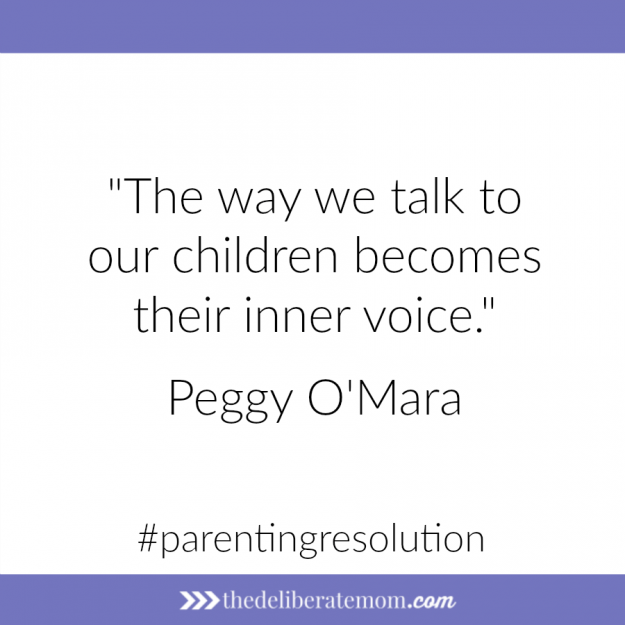
Why parents scream
Shouting is a quick way to convey the right information to a child. Sometimes it is justified - for example, if the child is on the verge of danger. In other cases, parental screaming is, of course, not a method of education. Behind the cry lies the inability to otherwise influence the child, the lack of time for negotiations and elementary fatigue. Sometimes the misbehavior that pisses off the mother is not so terrible. He just becomes the last straw that overflowed the cup of her own problems. In essence, the parent is screaming about their grievances and unresolved issues.
Single mothers, who have to rely only on themselves, especially sin by raising their voices. And women whose husbands are constantly busy or removed from raising children and housework. They have no one to turn to at the right time as an arbitrator, no one to wait for help in everyday matters.
"Get ready soon." "Time to get out." "Do your homework". "Time to sleep".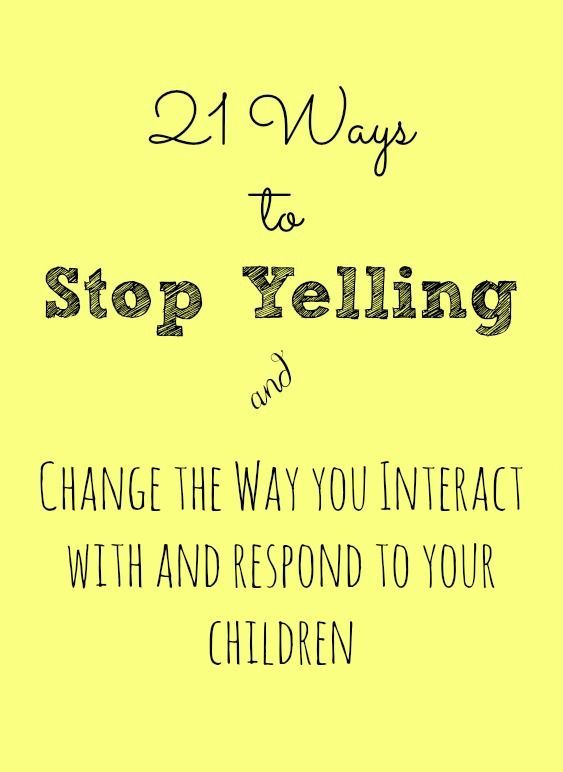 The child gets used to a set of on-duty phrases and is no longer in a hurry to carry out these orders-advice, because sometimes he does not pay attention to them.
The child gets used to a set of on-duty phrases and is no longer in a hurry to carry out these orders-advice, because sometimes he does not pay attention to them.
Photo: depositphotos/Dmyrto_Z
Why the noise?
According to Muscovites, the main trap for parents is the usual morning, when you have to take the older one to school, the younger one to the kindergarten, and herself to rush to work. Sometimes these precious minutes allotted for training and breakfast are misused by children.
Mom is driven into a time frame. She has no time for persuasion, so the decibels are rising. In second place is the offspring's disregard for ordinary duties, such as keeping clean and tidy. Parents of many teenagers lose their temper when they open the door to their children's rooms. According to mothers, yelling at a child is easier than persuading him to put everything on the shelves, appeal to conscience or do everything herself.
A lot of parent's nerves are also getting on the nerves of students doing their homework. The situation, when the mother became hoarse, the dog became deaf, and the neighbors learned their homework by heart, became a joke. A separate question is why parents do homework with children. But there are also schoolchildren who do not need a tutor, but they cannot do without an emotional thrashing in order to sit down at their desk on time, and not to drag it out to the last, being distracted by other, unimportant things. In any case, the parent finds himself in a situation where he cannot help but react to what he thinks are wrong actions of the student, and shakes the house with loud moralizing.
The situation, when the mother became hoarse, the dog became deaf, and the neighbors learned their homework by heart, became a joke. A separate question is why parents do homework with children. But there are also schoolchildren who do not need a tutor, but they cannot do without an emotional thrashing in order to sit down at their desk on time, and not to drag it out to the last, being distracted by other, unimportant things. In any case, the parent finds himself in a situation where he cannot help but react to what he thinks are wrong actions of the student, and shakes the house with loud moralizing.
How not to break loose?
When the fire of a quarrel just flares up, imagine the faces of your neighbors, who will hear your war cry. Yes, at this moment they also exist, these nice people who greet you when they meet, hold the door for you, praise your children. They don't go anywhere when you scream. And everyone hears. At best, you will become for them "that aunt from the third floor who is always yelling. " At worst, someone will then dial the number of the precinct.
" At worst, someone will then dial the number of the precinct.
As soon as the situation heats up, leave the scene. Go to another room or lock yourself in the bathroom. There are two bonuses here. Firstly, you will more or less come to your senses, you will already be ashamed to scream. Secondly, the children will immediately become alert, calm down and, not knowing how to behave further, intuitively choose the role of obedient.
Photo: depositphotos/khosrork
If your child seems to be doing something slowly or not as well as you would like, just remember the parents who only dream of such a result for their children. About those whose guys, for health reasons, cannot hold a spoon in their hands, let alone quickly zip up their jackets and tie their shoelaces. Then thank fate, hug the child and be a little more patient.
When you feel like you're about to break loose, think of a time in your child's life when you felt sorry for him. For example, he was small, and you, while waiting for an ambulance, carried him around the apartment, hot and helpless.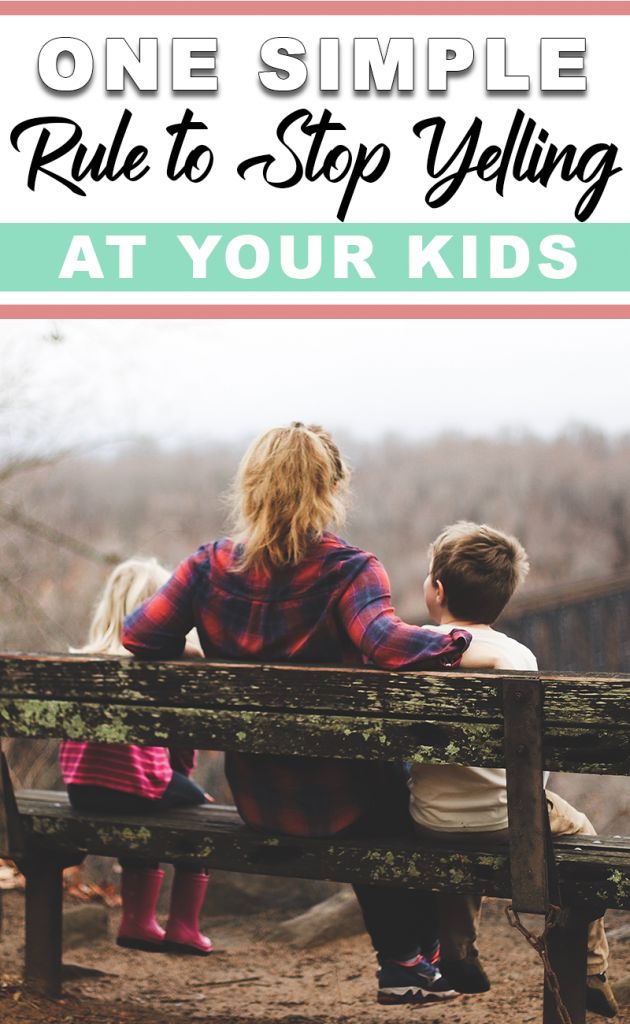 Pinching pity will slow down emotions. You can buy time for anger and even think about whether it is so important to dwell on what is bothering you.
Pinching pity will slow down emotions. You can buy time for anger and even think about whether it is so important to dwell on what is bothering you.
If a child has committed a serious misconduct, shouting is unlikely to correct anything. Most likely, in the future, he will try to hide something like this, not wanting a surge of emotions. And this already threatens to lose confidence. It is imperative to talk with the child about the causes and consequences of what he has done. Do not forget that in front of you is a person, albeit a small one. Children are able to draw conclusions, realize and sympathize. Talk to them more often. Ask your children for forgiveness if you are wrong. They will understand and understand you.
Don't beat yourself up for suddenly breaking loose. Ideal people exist only on pages in social networks. Just try to draw your own conclusions. By the way, the commanding tone somehow helped me to stop the fight between two healthy men on the bus. After the words: "Well, it's quiet there!" They immediately ran off in different directions. Probably reacted, as it is now fashionable to say, "their inner child", remembering the sonorous mother's voice.
Probably reacted, as it is now fashionable to say, "their inner child", remembering the sonorous mother's voice.
Evgeniya Borodina
society children
How not to yell and stop lashing out at a child? Psychologist's advice
Probably, many of us made a vow to ourselves never to yell at our child. But the torn tights, the paint spilled on the floor, the lessons not done on time made us so mad that, forgetting about the promise we had made to ourselves, we raised our voices at the child, and someone went on to scream. After that, of course, we scolded ourselves, promised not to allow this to happen again, but…. lessons are not learned again, a crystal vase is accidentally broken, and again the child hears mom or dad yelling at him like a fire siren.
Are we doing the right thing? What to do if crying in the family has become a habit? And how do you deal with your own anger and irritation? You will find answers to questions in this article.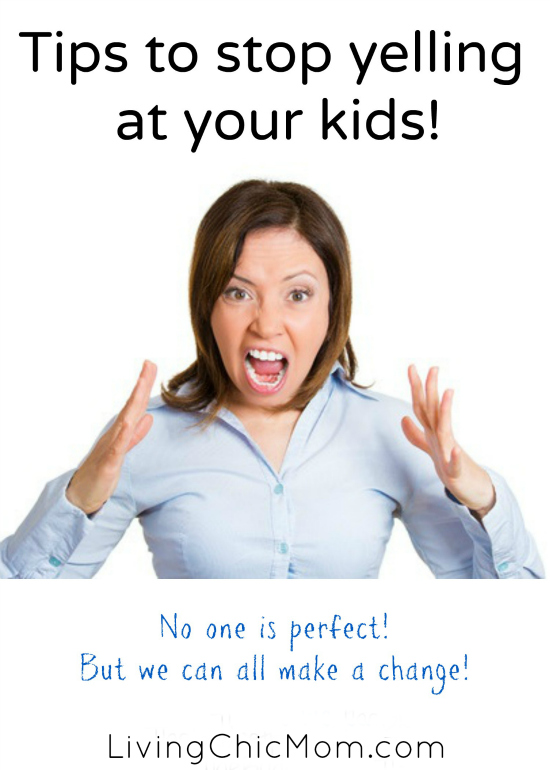
In order not to scold your child over trifles, for example, when he did not hear your call or came home from school later than usual, install the Find My Kids application. It will allow you to worry less and trust your child more, because you will know where he is, what is happening around, and you will also be able to get through even to a silent gadget!
Contents:
- Why not yell at children?
- Causes of parental anger
- How to stop lashing out at a child?
- Managing our emotions
- Relaxation techniques for a tired mother
- 5 Ways to Control Anger
- Psychologist's advice
Why not yell at children?
Prostock-studio/Shutterstock.com
Yelling is essentially an expression of aggression. When aggression comes from the dearest and closest people, the child experiences it very hard.
If a child grows up in an atmosphere of constant screams, scandals and parental nervous breakdowns, he suffers from:
Personal development
The child gradually becomes withdrawn, anxious, insecure, often cries. Mental development is inhibited, it becomes difficult for him to perceive and remember new information. He is always in a shell that protects him from the outside world. The child begins to be afraid of situations of failure (answers at the blackboard, competitions, public speaking) and new acquaintances.
Mental development is inhibited, it becomes difficult for him to perceive and remember new information. He is always in a shell that protects him from the outside world. The child begins to be afraid of situations of failure (answers at the blackboard, competitions, public speaking) and new acquaintances.
In adulthood, such people seek constant support and approval for their actions; they subconsciously expect failure and aggression from others.
Social development
Prostock-studio/Shutterstock.com
The child does not develop basic trust in the world. If the closest and beloved person offends, like mom or dad, then anyone can offend. The child ceases to trust others, he has problems building friendships and love relationships.
A child whose parents constantly raised their voice will continue to behave in the same way in their family with their children.
Child-parent relationship
Relationships leave trust and mutual understanding.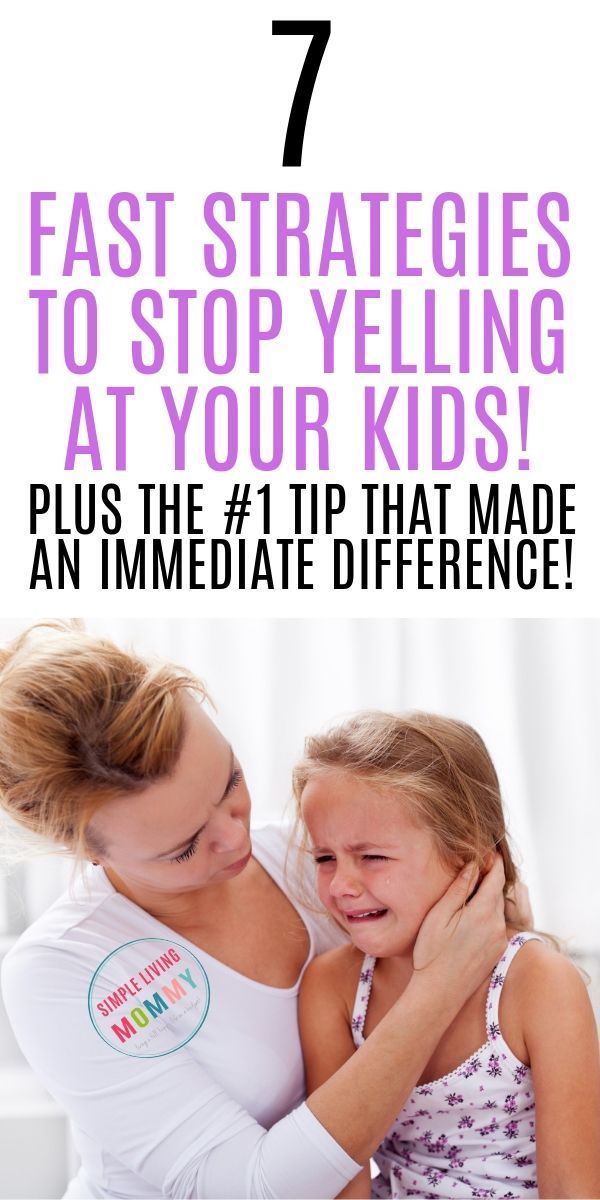 The child stops sharing his problems for fear of causing a negative reaction from his parents. Thus, mom and dad turn from close people into strangers.
The child stops sharing his problems for fear of causing a negative reaction from his parents. Thus, mom and dad turn from close people into strangers.
Causes of parental anger
Prostock-studio/Shutterstock.com
Now let's talk about the reasons that make parents lash out at their children:
The desire to prove one's authority, to dominate the child ("I'm older and smarter, so I know better what you need")
The parent is angry that the child does not obey him, an adult, so he tries to show his power over him by screaming. Shouting, raising your voice is the easiest way to get what you want from a child, to subdue him.
Fatigue, stress, irritability, loss of control over one's emotions
Many parents, after a hard day at work, after coming home, begin to find fault and yell at their child for any reason: he didn't learn his lessons, didn't wash the dishes, tore his uniform, broke a toy. Most mothers, being on maternity leave and not receiving help from their husbands and loved ones, begin to take out their anger and irritation on an innocent baby.
Overprotection
Prostock-studio/Shutterstock.com
Mom and dad, trying to protect the child from any danger, use screaming as a means of reinforcing prohibitions and restrictions.
Such parents on the playground, in the shop or on the street talk to the child only by means of commands: don't climb the hill, don't touch the dog, move away from this boy, look under your feet, and so on.
Get rid of overprotection and start building a trusting relationship with your child. To stay calm about his safety without constant monitoring, download the Find My Kids app from the AppStore and GooglePlay stores.
Child does not meet the expectations of parents mother must be obeyed day and night.
Even during pregnancy, the expectant mother draws in her imagination pictures of a happy future and an ideal child in her understanding. But a child is born the way nature created him. He has his own character, his own inclinations and preferences. And they do not always coincide with what parents expected from their son or daughter.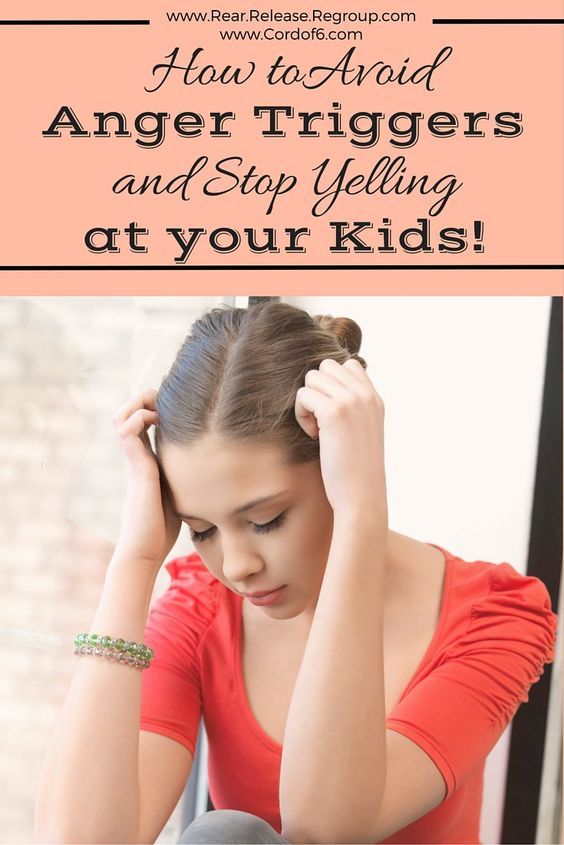 Therefore, many begin to get angry with the child, take out their annoyance and irritation on him for the fact that he is not the way they would like him to be.
Therefore, many begin to get angry with the child, take out their annoyance and irritation on him for the fact that he is not the way they would like him to be.
Childhood model
Prostock-studio/Shutterstock.com
A child who grew up in a family where mom and dad used to talk in raised tones, where screaming and swearing became normal companions of life, will do the same in his family . Being rude to a husband/wife, yelling at a child, and if in his childhood there were cases of physical aggression on the part of his parents, then he can allow this to happen.
Why is this happening? Initially, parents are the most important people in a child's life. And their relationship with each other is an example of what a family should be like, what mom and dad do in it, what roles and functions they have.
Many children grow up and say to themselves: “I will never be like my father”, “I will never behave like my mother”, but sooner or later the model of parental behavior learned in childhood emerges.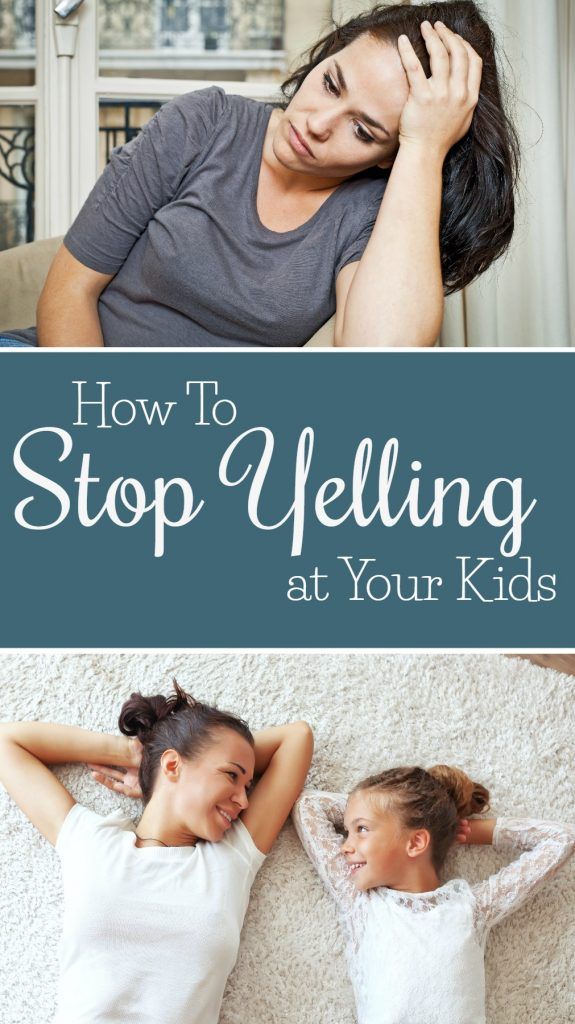 And now a calm and balanced woman shouts in anger at her son or daughter: “Stop being outrageous! What kind of child? Why did I give birth to you at all? just like her mother used to do.
And now a calm and balanced woman shouts in anger at her son or daughter: “Stop being outrageous! What kind of child? Why did I give birth to you at all? just like her mother used to do.
Ignoring the age characteristics of children
Prostock-studio/Shutterstock.com
A 4-year-old child cannot physically or mentally stand still for half an hour while the mother is talking to her friend, dress herself in five minutes and fall asleep as soon as the lights are turned off in the room. But many adults simply forget about it and demand from children those actions for which the children's brain has not yet matured.
Fast rhythm of life
We are all in a hurry somewhere, in a hurry: work, kindergarten, school, shops, trips to relatives. It is rare that a mother, taking a child from kindergarten, allows him to slowly dress himself, slowly walk to the house, while looking at trees, birds, houses and cars. But after all, a small child lives in his own world, where it doesn’t matter that “we were already late for the pool, but we still have to go to the store on the way!”.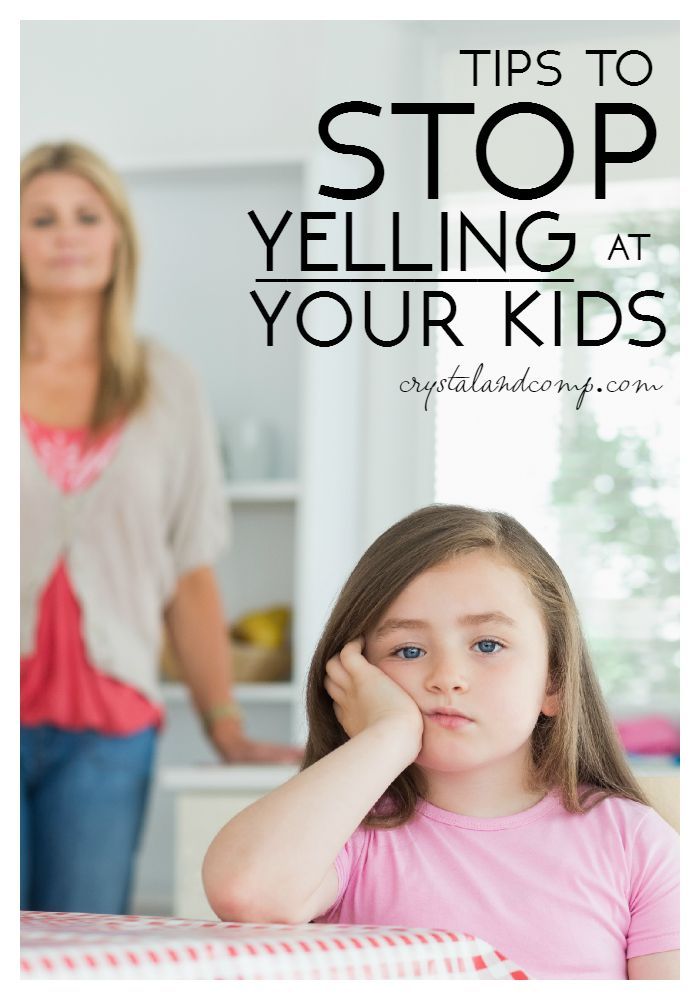 For him, this little bird with a red breast on a tree and this excavator with a large bucket are much more interesting. As a result, the child is in no hurry, the mother believes that he is doing it out of spite, breaks down on him and starts screaming.
For him, this little bird with a red breast on a tree and this excavator with a large bucket are much more interesting. As a result, the child is in no hurry, the mother believes that he is doing it out of spite, breaks down on him and starts screaming.
How to stop lashing out at a child?
Prostock-studio/Shutterstock.com
Managing our emotions
Long-term observations of psychologists show that if parents set an example of calmness and balance in a family, then children grow up the same way.
But how to become calm and balanced in the modern world, you ask, if there are only stresses around? The answer is simple: you need to learn how to manage your emotions.
What does it mean to control emotions? This means understanding their reason, feeling, hearing what they want to tell you. Where does your anger come from? Why are you feeling frustrated now? What exactly upset you in this situation? Ask yourself these questions more often, and you will learn a lot about your inner world and the feelings you experience.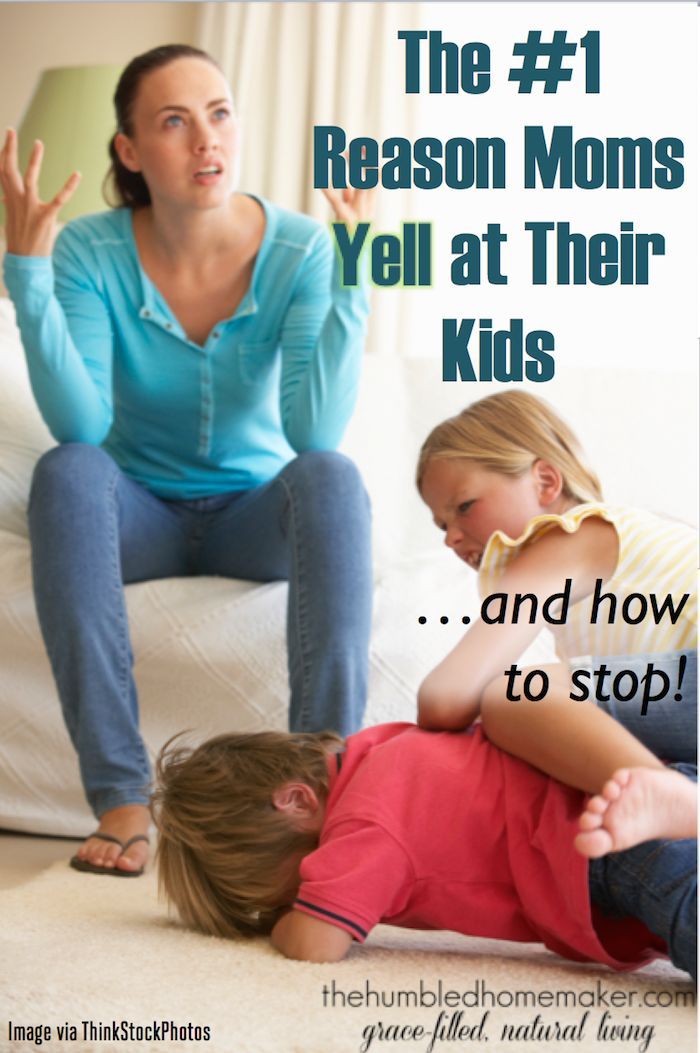
The psychology of emotions is such that the events in our lives do not have any emotional overtones. We ourselves choose what color to paint them and how to react to them. For some, a broken plate is a reason to yell at a child, but for someone, it is fortunate.
Remember: it is impossible to be happy and optimistic 24 hours a day. Therefore, accept your emotions - both positive and negative - and learn to live with them in harmony.
Relaxation techniques for a tired mother
Anger, anger, irritation accumulate in us, preventing a full and harmonious existence. An angry and irritated mother cannot give her child love and support. What the vessel is filled with, then it is poured out of it.
That is why it is so important to first get rid of negative emotions. This process can be compared with the treatment of caries: first, all the affected areas of the tooth are removed, and then the vacant space is filled with filling material.
What can help a tired mother relieve stress? Everyone chooses his own.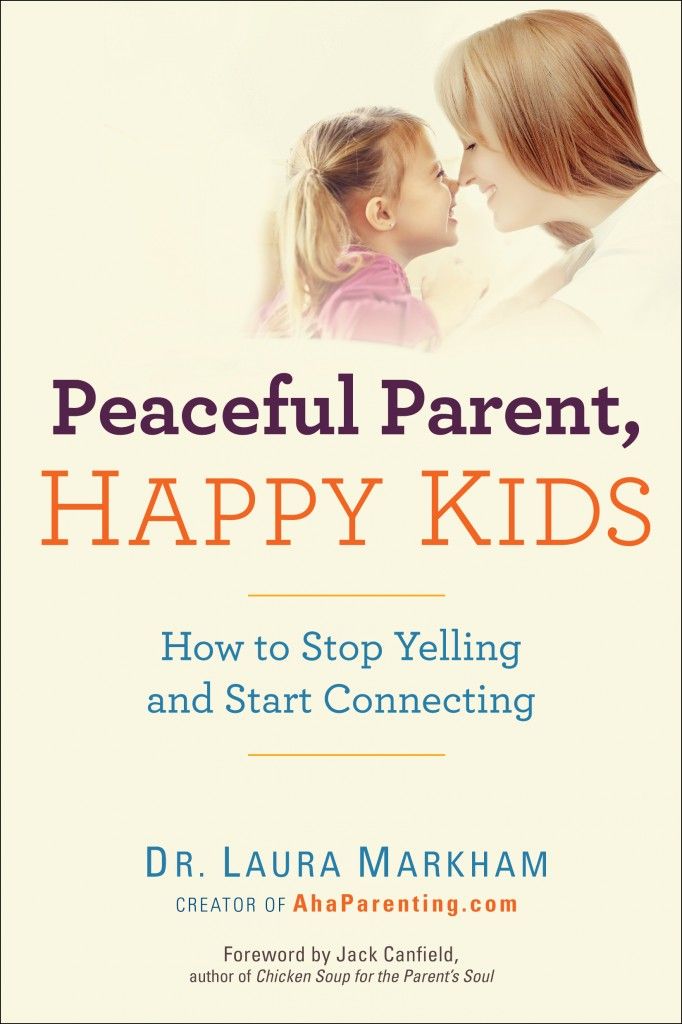 It can be:
It can be:
- Outdoor walks.
- Good sleep for more than 8 hours.
- Communication (live and virtual).
With friends, relatives, in a chat where you can share your problems, get the right advice, listen to different opinions.
- Physical activity.
An excellent way to relieve stress. It can be running, swimming, dancing, yoga, someone likes strength training. Even a 15-minute morning exercise can energize you for the whole day.
- Personal care.
Prostock-studio/Shutterstock.com
Taking a bath, massage, manicure, pedicure - all these female joys improve mood and make a woman feel like a Woman.
- Music.
Agree, even washing dishes and cleaning up is more pleasant to the accompaniment of TheBeatles or ABBA than in complete silence.
- Drawing.
There is such a direction as isotherapy - treatment by drawing. A drawing person expresses disturbing feelings on paper, thus working through them and coping with them.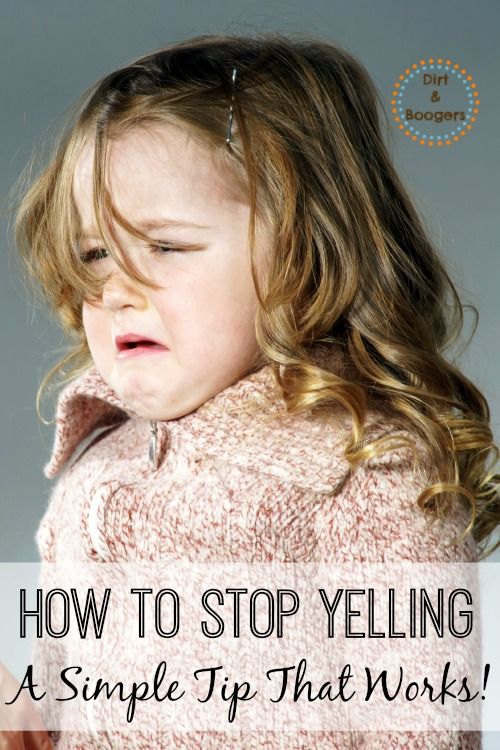
- And the most important advice - listen to yourself!
Listen to your feelings, emotions, inner state, ask yourself the question “What do I want now? What do I need right now to feel good?”
Do what you like, spend time with your desire. At the same time, continue to be aware of where your child is, what he is doing and whether everything is in order with him! Install the Find My Kids app from the AppStore and GooglePlay services.
5 ways to control anger
Prostock-studio/Shutterstock.com
- Analyze situations in which your child's behavior triggers your outbursts of anger and whether there is something you can do to prevent these situations. For example, you get angry when your child is slowly getting ready for school and because of this he is constantly late. The solution to this problem will be an earlier rise, picking up a portfolio from the evening and preparing a school uniform.
- If you feel like a wave of anger literally covers you, mentally tell yourself “stop” and move away from the situation: go to another room, go outside, start doing household chores.
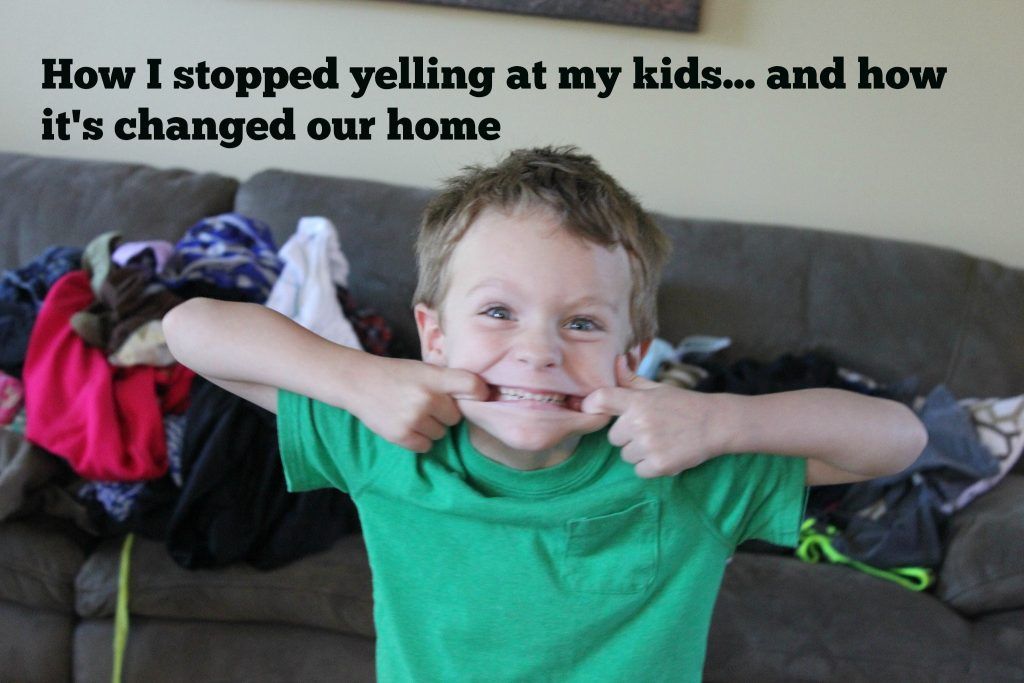 All "debriefing" - after you calm down yourself and the child calms down.
All "debriefing" - after you calm down yourself and the child calms down. - Ask yourself: "Do I feel like yelling at my child right now because I was really upset by what he did, or because I'm having trouble at work?"
- Be aware of the consequences of your scream. You will throw out all the accumulated negativity, and the child will suffer from aggression on your part.
- Do not forget: the necessary information can be conveyed to the child not only by shouting, but also in a calm tone. The child eventually ceases to respond to the parental cry, as if defending itself from it.
Psychological advice
Prostock-studio/Shutterstock.com
- Make time for yourself. Let it be only half an hour a day, but they should be dedicated only to you.
- Concentrate on the really important things. The floor can be washed, the tights can be sewn up, the wallpaper can be re-pasted. The main thing is that your children are healthy and everything is in order with them.
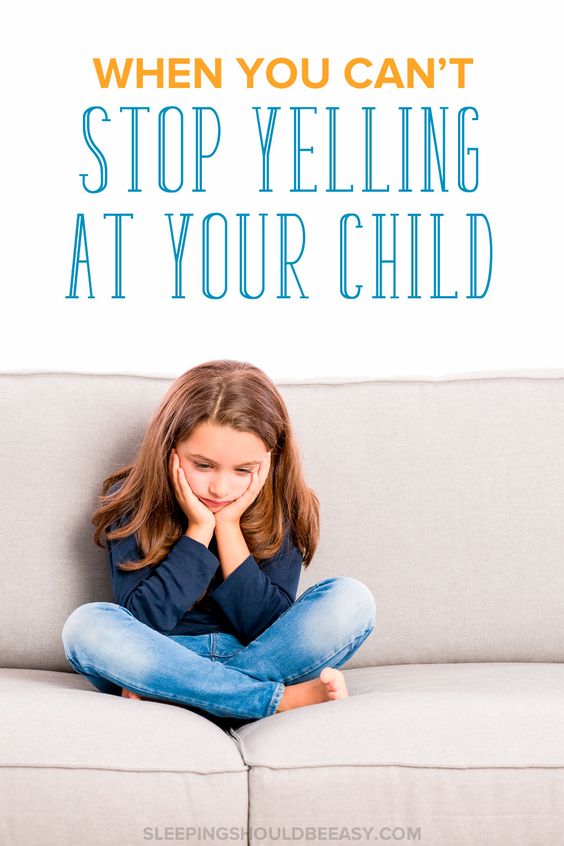
- Warn all family members that you are in a bad mood today, you are irritated and very tired, so today it is better not to upset you.
- Many mothers are ashamed of the "inappropriate" behavior of their child in the store, at a party, on the playground, so they try to reason with them by shouting, to put them in their place. The best option in such a situation is to silently leave the playground or store with the child and talk to him at home.
- If you still could not restrain yourself and yelled at your child, ask him for forgiveness. Explain to him what led you to this. This will be a positive example for him to deal with such situations.
- Don't be afraid to admit your mistakes to your child. This will not affect your credibility.
- Praise yourself for showing calmness, for every situation in which you could have yelled at a child, but restrained yourself.
- If, in addition to constant irritation with your child, you often have disturbing, depressive thoughts, the quality of life has worsened, sleep is disturbed, headaches are bothering you, this is a serious reason to turn to a psychologist or psychotherapist.
